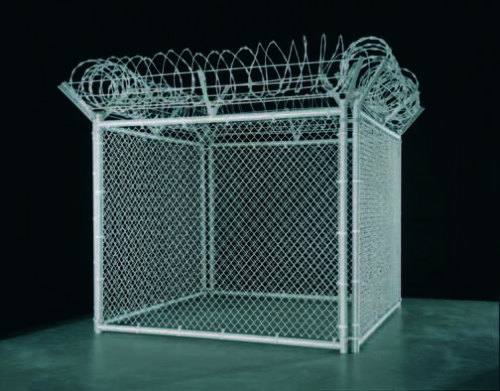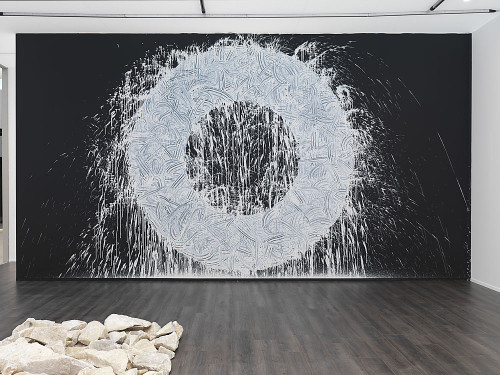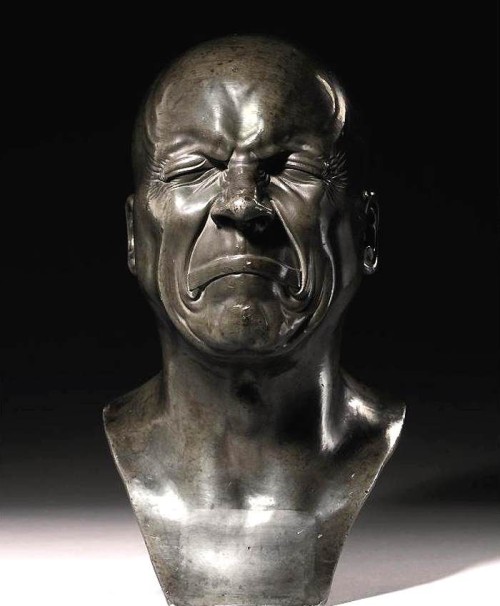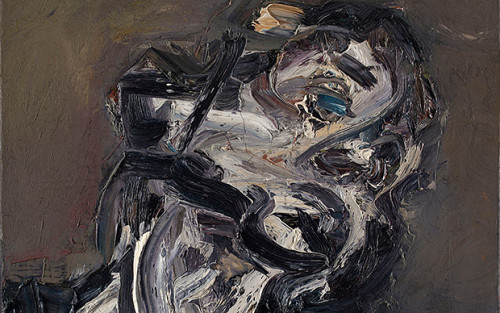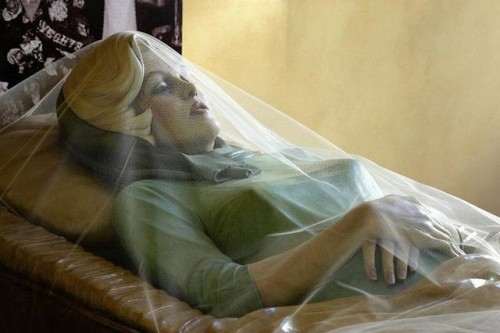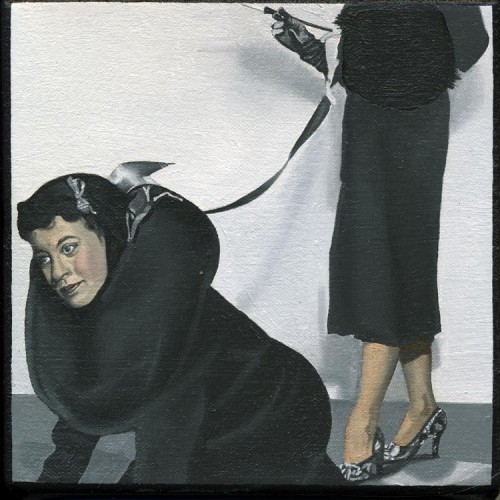"Benjamin sees Germany – then in the midst of the Weimar period, before the Nazis took power – as caught up in a kind of regressive collectivism born of capitalism." Andrew Robinson "In a sense, the pervasiveness of neoliberal ways of talking has the effect of turning people into calculators of advantages. There is this book, Everything I learned about love I learned in business school, and it’s about ‘cutting your losses’, about having a ‘mission statement’, about ‘measuring performance’… In a curious way, in terms of classical political economy, Hobbes thought we needed a state to restrain our appetites, and it may be that the neoliberal state has so colonized our way of … [Read more...]
Administered Opinion
"Lacan said that there was surely something ironic about Christ’s injunction to love thy neighbour as thyself – because actually, of course, people hate themselves." Adam Phillips “The absolute is from the outset in and for itself beside us and wants to be beside us.” Hegel Introduction to the Phenomenology of Spirit “Paranoia is part of the concern that drives the formation of slave patrols and part of the reason why you’d hear so many stories of revolts..{ } The seemingly unrestricted brutality of patrols would find its mirror image during Reconstruction in the extralegal activities of vigilante groups that operated outside virtually all social restrictions...White Southerners … [Read more...]
Dreaming of Pirates, part 2 (or Capitalism and Fun)
"Death is especially awkward for modern intellectuals who are likely to find themselves swept over by traditions they fought and measured themselves against." Michael Taussig "The barbarism of the present was already germinating in that period, whose concept of beauty showed the same devotion to the licked-clean which the carnivore displays toward his prey. With the advent of National Socialism, a bright light is cast on the second half of the nineteenth century." Walter Benjamin "Imperialism gripped the world as totality - a total market and completely exploitable productive source. Imperialism was unifying the world through trade routes and commodity exchange or plunder." Esther … [Read more...]
Dreaming of Pirates, Part 1
"This is not death, it is a fruit stand..." Lorca (Poet in New York, Bly tr.) "For Lorca, the vital impulse driving genuine and authentic creativity is Death (itself); for him, the duende is an embodiment or specter of Death as a living, breathing, dark or extreme exaggeration of Henri Bergson’s élan vital.." José Rodeiro "The *economic*, in the form of this most rudimentary and most brutal necessity, thus offers itself as a prosthesis for political stability, a winning substitute for the violence of the Prince, which may induce fear with its tens of millions of swords but sooner or later ends up exciting hatred..." Gilles Chatelet "We went into the Vietnam War and did all that … [Read more...]
Playing at Society
"The fascist agitator is usually a masterly salesman of his own psychological defects." Adorno "One important aspect to consider here is the shifts in approval of content via “thumbs up” “favorites” “likes” and now how Facebook has integrated this “reactions” system that has much more sinister marketing goals in mind rather than just showing your friends your reaction to their statuses by selecting a one dimensional emoji representation, as if that wasn’t alarming enough by itself. this seemingly minor shift in their interface development is pretty easy for them to seamlessly integrate without much deeper thought given to it by a conditioned user pool at large." K.F. "The weakness of … [Read more...]
Ten Thousand Mistakes
"The stranger, remarks the sociologist Georg Simmel, learns the art of adaptation more searchingly, if more painfully, than people who feel entitled to belong, at peace with their surrounding. In Simmel’s view, the foreigner also holds up a mirror to the society into which he or she enters, since the foreigner cannot take for granted ways of life that seem to natives just natural. So great are the changes required to alter humankind’s dealings with the physical world that only this sense of self-displacement and estrangement can drive the actual practices of change and reduce our consuming desires; the dream of dwelling in equilibrium and at peace with the world risks, in my view, … [Read more...]
Artificial Pains in Artificial Feet
"I see photography as a very classical medium, with of course all kind of genres—portrait, abstract, science photography, and so on. What I am also interested in right now is the negative, since it seems that it is going to disappear soon. When I ask my nine-year-old daughter, “What’s a negative?” she can’t say, as she knows only digital photography." Thomas Ruff (interview Apeture) "The modern world develops a technology increasingly alienated from everyday experience. This is an effect of capitalism that restricts control of design to a small dominant class and its technical servants. The alienation has the advantage of opening up vast new territories for exploitation … [Read more...]
Utopia or Abeline?
"The category of the Utopian, then, besides its usual and justly depreciatory meaning, possesses this other meaning – which, far from being necessarily abstract and turned away from the world, is on the contrary centrally preoccupied with the world: that of going beyond the natural march of events." Ernst Bloch (The Principle of Hope) "Modernity today is not what it used to be." Peter Wagner "The propertied class and the proletarian class represent the same human alienation. But the former feels well and self-confirmed in this self-alienation. It knows this alienation and sees in it its own impotence and the reality of an inhuman existence”. Marx (The Holy Family) Several … [Read more...]
